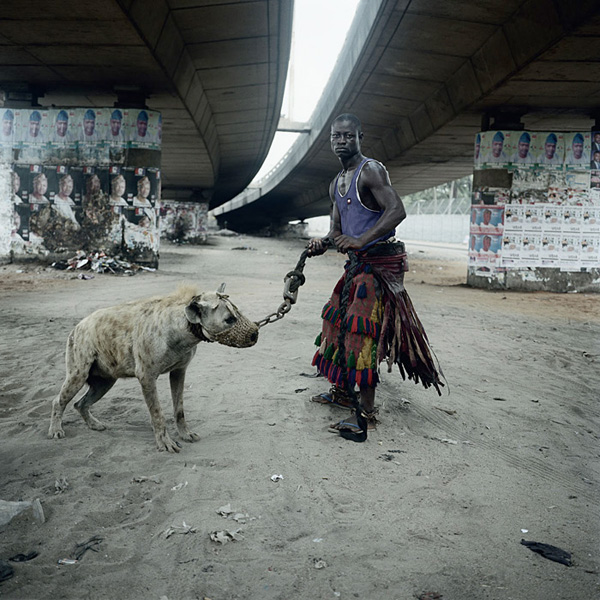THE PEEPSHOW celebrates GLOBAL CREATIVITY!!! Day 1 -- PIETER HUGO
 |
| photopieterhugo courtesyflavorwire |
Peeps,
I'm convinced that I'll never visit the Dark Continent for reasons too numerous to list, of which many are purely irrational. Nevertheless, the birthplace of human civilization continues to fascinate my interest and imagination. Well before Picasso, Braque, and the Cubists grasped the extent of artistry and creativity to be found in the art of ' Les Savages, ' artisans and craft-persons were producing work quite innovative and more advanced than their Western (meaning European and Mediterranean) counterparts. For example, iron-working technology in eastern Niger dates to about 1500 BC, and the remains excavated from a 10th century burial site in eastern Nigeria (Igbo-Ukwu) demonstrated superb bronze-casting techniques, far superior to the achievements of other cultures of the same period. A brief survey of world history as taught within most American class-rooms, could lead one to believe that until the 19th or 20th century (first the age of exploration and then the age of innovation), nothing was to be found south of the Sahara Desert. Some mention is made of the treacherous waters located off the Cape of Good Hope, an area best avoided by sea-faring vessels hoping to reach India, China, Japan and the Spice Islands (Indonesia). Most commonly discussed are the myths--entertaining tales about the hinterlands occupied solely by isolated groups of savages, bands of wild animals, and a fecund primitivism that has long been the subject of cinema and literature. It seems a bit grey about what happens when a land 'is discovered' or 'is ruled' and we never get the sense that the natives may have had an agenda of their own. In some school districts the subject of slavery is not part of the year's curriculum lest we court trouble, or force an examination of the national consciousness vis-a-vis racism, class, equality, rights, universal truths, and, a redress of injustices, or repatriation.
In retrospect, perhaps the nations of Africa may wish that the state of inertia, or disinterest from the royal courts of Europe might have remained, and thus delayed the epoch of rape that spans the continent's history for the last five hundred years. Not content to enslave millions of the continent's population as forced-labor (both for local usage and export overseas) or strip the land of natural resources, the pillage continued with the removal of many cultural artifacts (national treasures) to fine museums in France, Belgium, and other parts, as well as seizing tribal lands, imposing artificial boundaries, and placing African majority populations under the control of white Europeans. A deplorable state of affairs which continued through the Wars and into the last decade. In much of present day Africa, the masses live no better than their forefathers did; even in countries where natural resources (such as oil deposits, precious minerals, access to water, fertile land for agriculture) are plentiful, governments of some newly independent countries engage in questionable transactions with large private corporations and foreign interests, to the detriment of those who are not lucky or privileged or powerful. Life is precarious, at best.
Today's visual treat is by South African photographer Pieter Hugo. More information about this stunning photo (and others like it) from the series entitled The Hyena & Other Men, can be viewed on line at www.pieterhugo.com.
Thanks,
Shane
PS: Today's soundtrack: Doors In The Sand's The Place I Want To Be



Comments